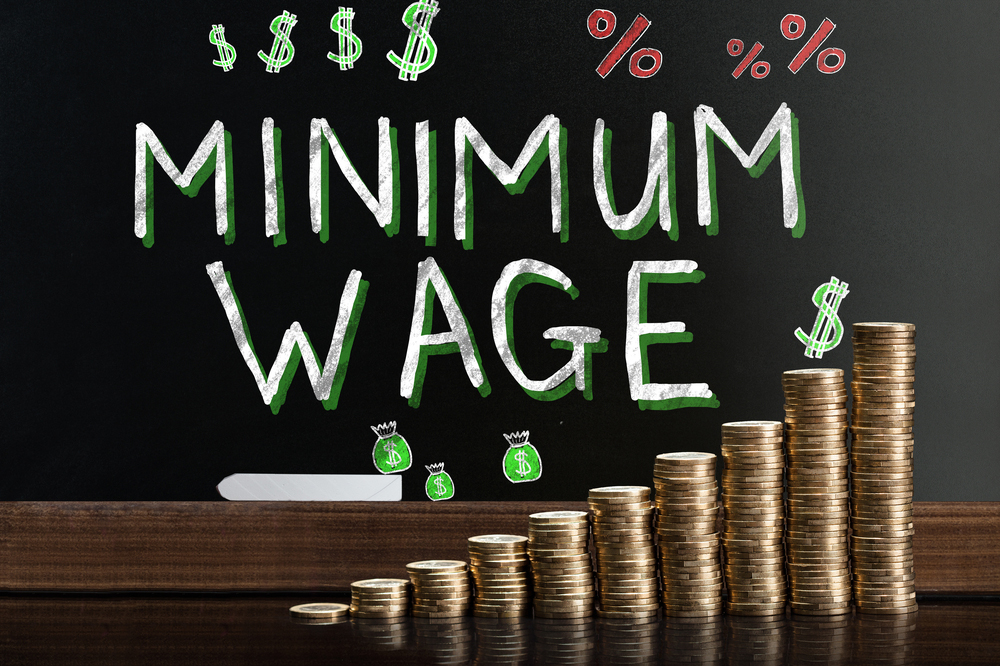On February 11, 2020, Republican Governor Phil Scott vetoed a bill (S.23) that would have mandated an increase to Vermont’s minimum wage. Governor Scott stated in his veto message, “Despite S.23’s good intentions, the reality is there are too many unintended consequences and we cannot grow the economy or make Vermont more affordable by arbitrarily forcing wage increases. I believe this legislation would end up hurting the very people it aims to help.”
On February 13, the Democrat-controlled Vermont Senate voted 24-6 to override Governor Scott’s veto. All eyes then turned to the Vermont House of Representatives. Previously, the minimum wage bill didn’t pass the House with the two-thirds margin necessary to override the veto, so the bill’s outcome was uncertain.
That changed on February 25. By a narrow margin (100-49), the House followed the Senate’s lead and voted to override Governor Scott’s veto of the minimum wage bill. Of the eight Democrats who previously opposed the minimum wage increase, six voted in favor of the override. With the override, the minimum wage bill now becomes law.
Under the new law, Vermont’s minimum wage will increase to $11.75 per hour, effective January 1, 2021, and to $12.55 per hour, effective January 1, 2022. A service or tipped employee—meaning an employee of a hotel, motel, tourist place, or restaurant who customarily and regularly receives more than $120 per month in tips for direct and personal customer service—will be paid at lease one-half the minimum wage.
Amy McLaughlin is an attorney with Dinse P.C. in Burlington, Vermont. You can reach her at amclaughlin@dinse.com.

